News
-
 Health & Medicine
Health & MedicineWhy a popular breast cancer drug may be less effective for some Africans
A genetic variant commonly found in certain African populations appears to impair tamoxifen’s ability to tackle breast cancer.
-
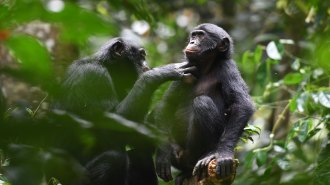 Life
LifeBonobos, like humans, cooperate with unrelated members of other groups
Cooperation between unrelated individuals in different groups without clear and immediate benefit was thought to be uniquely human. Its presence in bonobos may help explain its evolution.
By Jake Buehler -
 Health & Medicine
Health & MedicineThe weight-loss drug Wegovy lowered heart attack risk in a large trial
Among 17,000 adults, those on semaglutide were less likely to experience nonfatal heart attacks and strokes or death due to cardiovascular disease.
By Meghan Rosen -
 Neuroscience
NeuroscienceBrain scans give clues to how teens handle pandemic stress
A study that followed hundreds of teenagers during the COVID-19 pandemic may explain why some people succumb to stress while others are more resilient.
-
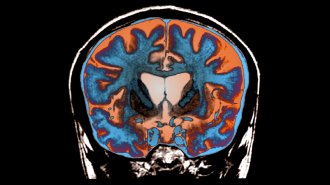 Health & Medicine
Health & MedicineWhy Huntington’s disease may take so long to develop
Repeated bits of the disease-causing gene pile up in some brain cells. New treatments could involve stopping the additions.
-
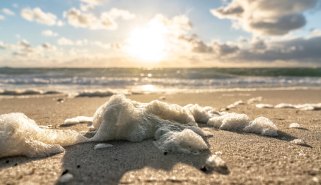 Physics
PhysicsLight, not just heat, might spur water to evaporate
In experiments, light shining on water as much as doubled the evaporation rate expected from heat alone, hinting at a never-before-seen effect.
-
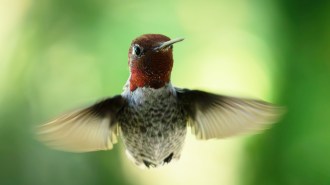 Animals
AnimalsHow hummingbirds fly through spaces too narrow for their wings
Using high-speed cameras, a new study reveals Anna’s hummingbirds turn sideways to shimmy through gaps half as wide as their wingspan.
-
 Environment
EnvironmentGrassland and shrubland fires destroy more U.S. homes than forest fires
Grassland and shrubland fires destroyed nearly 11,000 homes in the contiguous United States from 1990 to 2020.
By Nikk Ogasa -
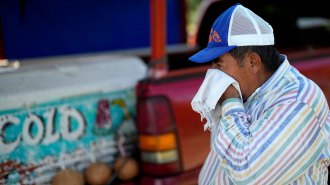 Climate
ClimateThe last 12 months were the hottest on record
The planet’s average temperature was about 1.3 degrees Celsius higher than the 1850–1900 average, a new report finds.
-
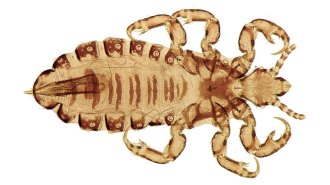 Life
LifeHead lice hitched a ride on humans to the Americas at least twice
The genes of head lice record the story of their human hosts’ global voyages.
By Jake Buehler -
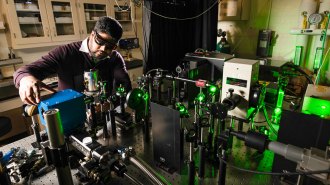 Physics
PhysicsA controversial room-temperature superconductor result has now been retracted
The retraction by Nature is the third for beleaguered physicist Ranga Dias, who still stands by his claim of a room-temperature superconductor.
-
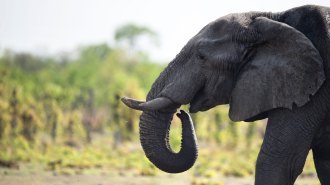 Animals
AnimalsThe mysterious deaths of dozens of Zimbabwe’s elephants has been solved
A bacterium never before identified in elephants or implicated in deadly internal hemorrhaging killed Zimbabwe elephants in 2020, genetic tests show.